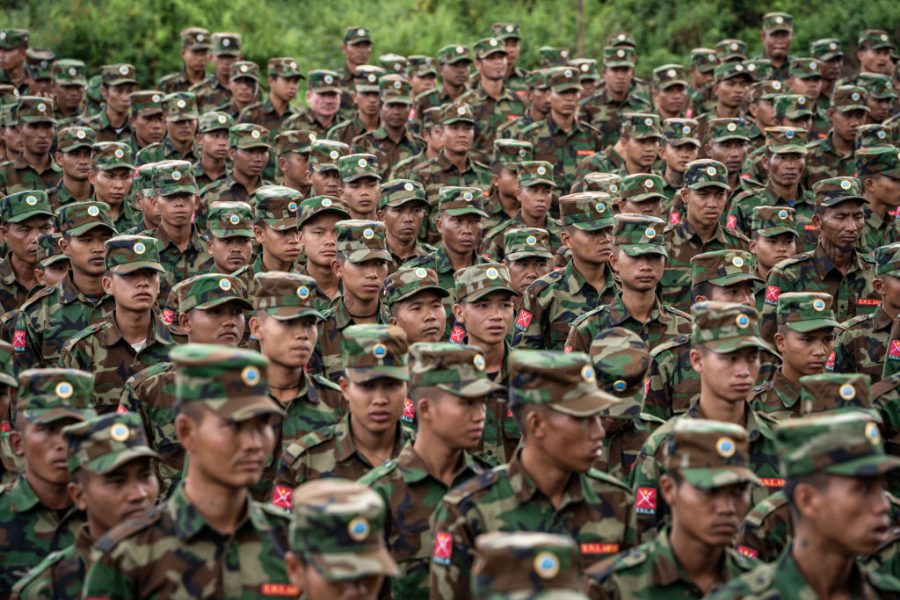Four years ago, Myanmar’s fragile, nascent quasi-democracy was snuffed out after less than a decade of experimenting with limited reform and opening. In the early morning of 1 February 2021, armoured vehicles rolled down the capital’s absurd 20-lane empty highway. Adding to the surreal quality of the day, an aerobics instructor filming an exercise routine unwittingly captured the unfolding coup d’etat in the background of her video.
The army arrested most of the country’s democratically elected leaders, including Nobel Peace Prize Laureate Aung San Suu Kyi. The Commander-in-Chief of the armed forces, General Min Aung Hlaing, seized power, plunging Myanmar into yet another era of repression, poverty and war.
Do we remember our moral and historical responsibility to Myanmar, or wash our hands of it?
Since its independence in 1948, Myanmar – or Burma as it was previously known – has endured over 75 years of near-constant conflict and more than half a century of direct military dictatorship.







Comments
Join the debate for just $5 for 3 months
Be part of the conversation with other Spectator readers by getting your first three months for $5.
UNLOCK ACCESS Just $5 for 3 monthsAlready a subscriber? Log in